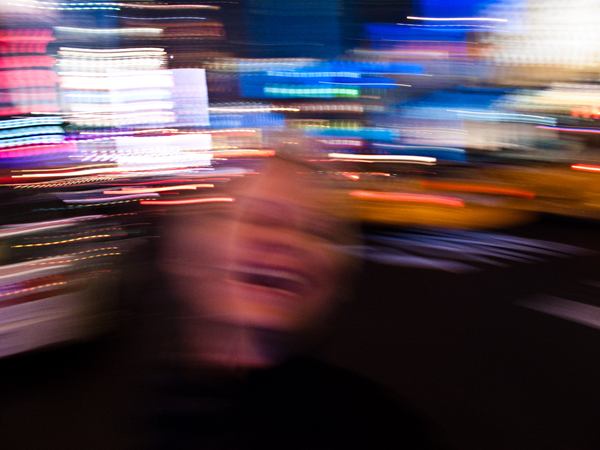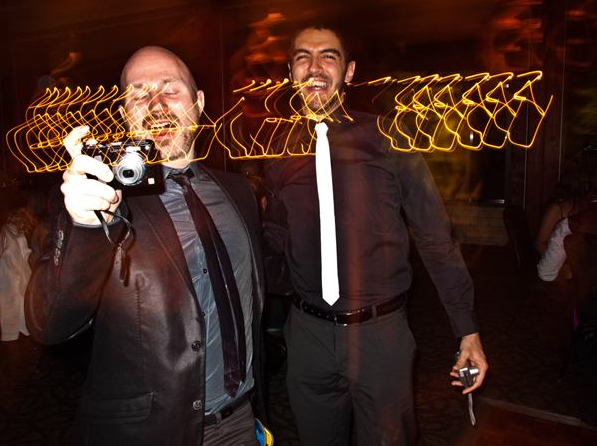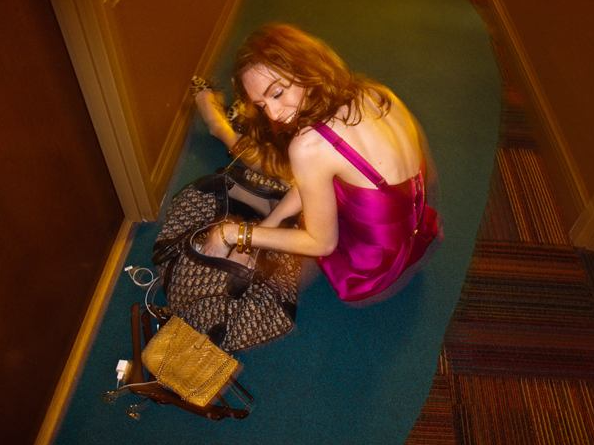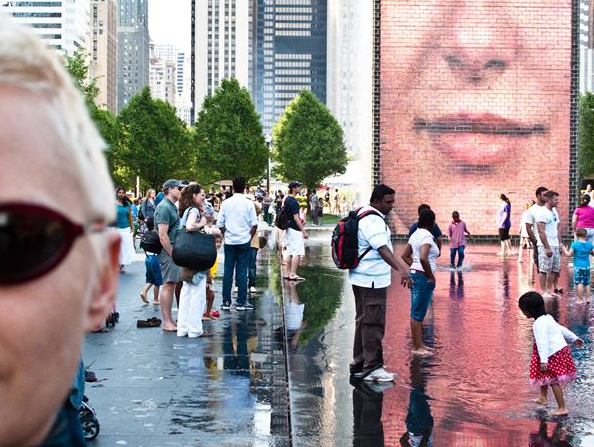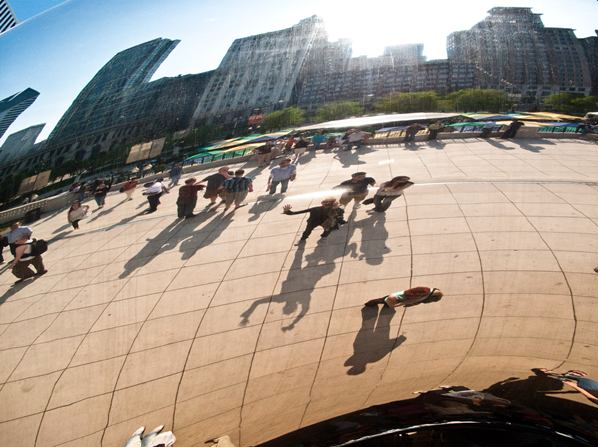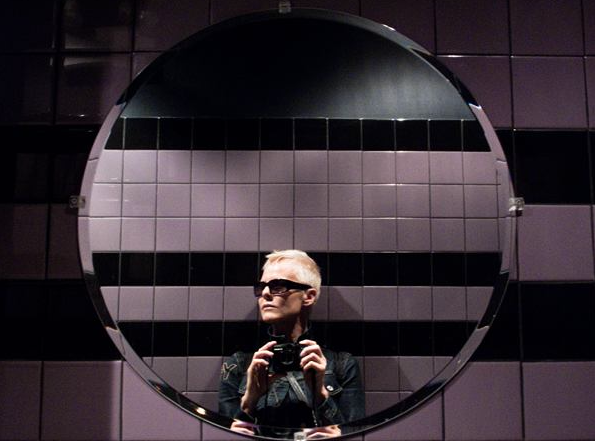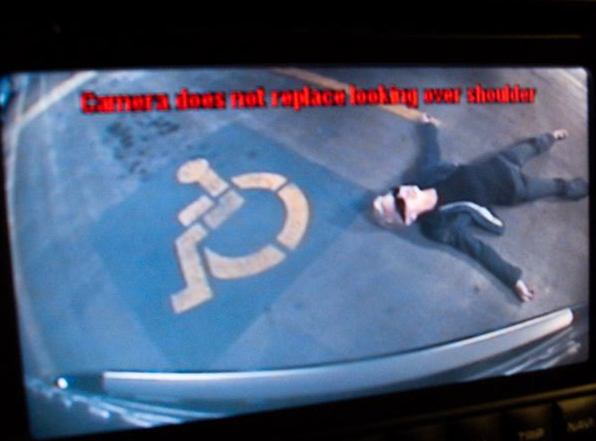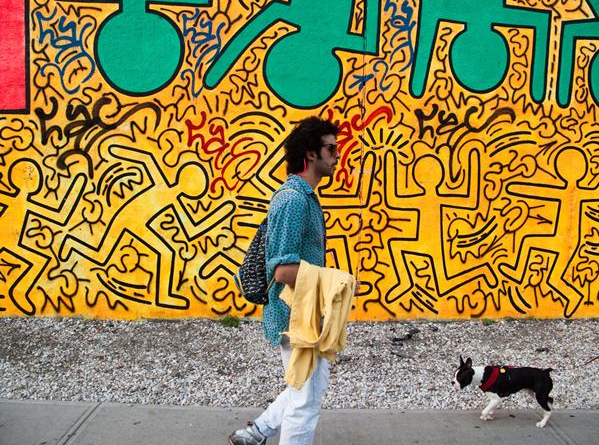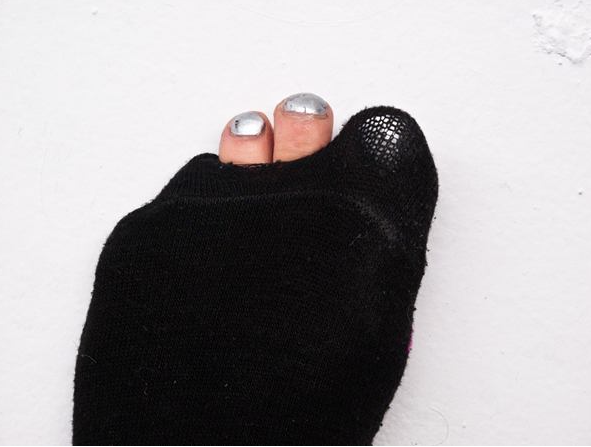Zdeněk Dvořák, Special education needs teacher, Czech Republic
In the simplest way possible, Zdeněk Dvořák’s photographs can be described as an absolute celebration of ordinary life. However, in this case ordinariness is pushed back by atmosphere, which radiates from his images; atmosphere that clearly demonstrates that no life is ordinary if it’s lived to its fullest and with joy. We are very glad that we have the privilege to welcome the author of this photographic style in the premiere interview for the new section Week of Life Masters.
When did you first get acquainted with the medium called photography? And how has your relationship with photography developed? Are you an amateur or a semiprofessional?
The medium called photography surrounded me from early childhood. My dad had a tiny dark room and processed his photographs himself. Before the revolution my dad could travel to Switzerland to see his sister, and I remember evenings with slide shows from this incredibly beautiful country to this day. These memories have been in my memory for nearly 25 years and yet it’s as if it were yesterday. He had outstanding equipment for the time, Practica MTL with three lenses. More than ten years ago, it was also my first real camera. During the years, photography became a part of my self and I can no longer imagine a life without the view through the viewfinder. I love documentary photography (especially of the near surroundings) and so this project, too, is very close to my heart. I have a trade license for photographic services, where my dad and I document weddings. It is not enough to earn a living and sometimes the paper annoys me but I cannot venture photographing without it. At first it was my friends’ weddings, then their friends’ weddings and that’s too big of a risk. I use this activity as an opportunity to obtain better equipment for my free time photography and it is my free creative work, which makes sense to me. Thus the label semiprofessional is probably the most appropriate classification.

What is your profession, what are your hobbies and how big is your family?
My profession is a special education needs teacher. My path to this job led through 5 years of studies for a pastry cook and then entering civil military service. I worked for 18 months as an assistant in a home for the mentally disabled in a grange, which practiced hippotherapy. These 18 months determined my course in life, both in terms of work and photography. Other than photography, my hobbies include my family, our animals, and other smaller free time activities. Both my wife and I come from large families. And it is my wife’s family (the Prčíks), which has been my most extensive photographic documentary so far. We have a four year old son Zdeněk.

How did you first come across the Week of Life project and what were your first impressions?
A friend of mine sent me a link to this project a few months ago and later I saw it in other media. It is an extraordinary project. I have behind me successful participation in project 1DEN (1DAY), I entered all the rounds of the VIA LUCIS project and so the Week of Life form is something new and brilliantly conceived. It’s amazing that this worldwide project is run from such a small country like the Czech Republic.

One can feel in your photographs that you know your surroundings very well, can you imagine capturing an environment, which would be entirely unknown to you, just as closely and intimately? If yes, what place attracts you the most?
Exactly! Most of my photographs were created in an environment that is very familiar to me. Directly in my home, at work or by my wife’s parents. The photo documentation at the Prčíks is in its third year and when I don’t have a camera on me, they make fun of me 🙂 I admit that the familiarity of the environment, where I take my photographs constitutes a large part of success. Unknown places, which would attract me, would be somewhere abroad. My dream is the streets of New York or Tokyo.

As you say yourself, you experienced classical photography. But you accepted digital photography as well. What do you think that it gave to the world and took from it on the other hand?
Analog photography is great. In particular, my opinion is that classic black and white film is even in this age still unsurpassed. My friend Petr Vokurek still makes photographs at home on baryta paper by hand and to have the option to hold a photograph, feel the paper and see the grain is a powerful experience. I had a similar experience recently during the handover of photographs by maestro Štreit to an exhibition in Znojmo. But there is never enough time and so I never worked my way to this craftsmanship, although I did soak my fingers in the developing bath quite frequently at one point.
Digital photography enables immediate feedback, the possibility of new views and experiments. I think that many photographs that capture unique moments would never come to life with film in non-commercial conditions. I think that the absolute top of professional digital equipment probably exceeds the abilities of film and I’m looking forward to the time when I’ll set an iso of 6400 or higher and will be able to capture my life moments without paying any regard to poor quality in bad light.

Why do you think people should contribute to a project like WOL? Why should they reveal their private sphere?
As written in the propositions, let’s show what we want to show. Years ago, when moms in villages saw someone with a camera, they ran for their festive apron and children’s jumper for the church, to look good in the photograph. Now everyone hides behind high fences to have their privacy and even neighbors are often strangers. Yet at the same time people share their private world with strangers, for example on Facebook. Why do people travel across half of the globe? To learn about different lands and different people. With this worldwide project we can show them a piece of ourselves not only with the view of the world through the viewfinder but also through a piece of our life we live in our environment.

In your opinion, where is the line between healthy contribution to the cause and exhibitionism in the project?
As I wrote already, let’s show what we want to show. We are all different and either we show a piece of ourselves or we don’t. In the last half a year I have tried to capture my son in views, which would interest not only the close family. I could be criticized for taking photographs of my family but it is my family which I know the best and so I try to translate this into my photographs. Of course, the goal is not to show that my child is the most beautiful in the world, what car I drive, that my wife has the nicest breasts. As I saw in some contributions, it is possible for a photographer to show nearly nothing from his or her intimate life but share, for instance, pictures taken on way to work, free time and so on, while some contributions contained a little too much exhibitionism for my taste…
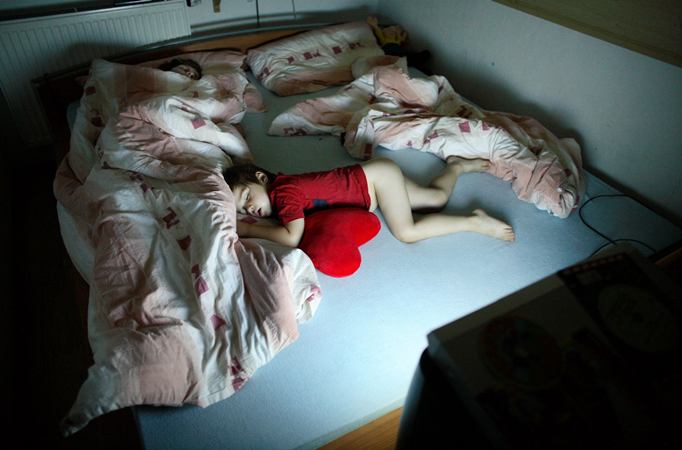
When you look around at world photography competitions, what do you see? What impressions do the photographs and themes that dominate them have on you?
I follow competitions such as World Press Photo. The last winner with the theme execution appealed greatly to me and as for its theme, it applies to the whole world. The theme of war and human suffering appear frequently in photographs and it is of course part of our world but at times it seems that perhaps nothing else goes on in half of our planet. With respect to theme, I am always interested in people and their natural environment in their ordinary life. For instance, the overall winner in 2003 in the Czech Press Photo Ibra Ibrahimovič appealed to me with the set Story of Farmer Rajter in this sense.

How do you think the photography medium will develop?
It will continue to be more and more of a medium that will become a part of everyday life. Today, mobile phones without a built-in camera are nearly not manufactured any more. It will be possible to record almost everything but at the same time people will protect their privacy more carefully. A disadvantage will probably be that not everyone owning a camera will also be a photographer. It will still be necessary to learn and have a sense for photography. The advantage is that the quality of photographic equipment continually improves while the price drops. Thereby it becomes a very affordable medium.

In your opinion, what is the real private sphere of a person, the one that should not be disclosed in any media?
This should be a question for every one of us. One person would not allow someone to photograph a beautiful rock garden with a dwarf in front of his house. Another one will present videos from his intimate life on the internet with peace and joy. The line is different for each individual. We must, for example, think whether a photograph of our child playing naked in the swimming pool would not be misused by a pedophile and so on. Everyone must set this limit themselves alone. I’m not afraid to present the family around me in the form of photographs but I would definitely never allow my family to participate in some reality show. In my opinion, these programs deprive people of the most privacy.
Weeks of Zdeněk Dvořák
